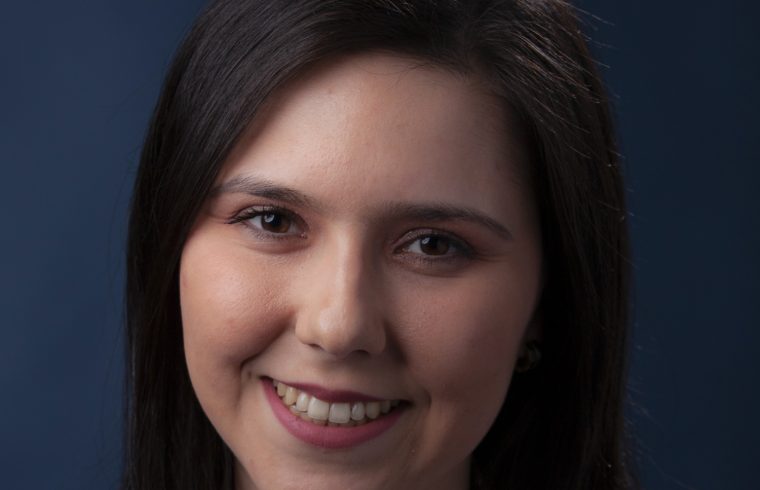After living without her mother for two months while in immigration custody last year, an eight-year-old girl from Guatemala can barely sleep at night unless her mother holds her tight.
Another Guatemalan girl has recurring nightmares and often screams out for protection from people who might again separate her from her mother.The girl, 6, was taken away from her mother for four months.
The mothers of these girls are among five women who were separated from their children after they crossed the border into the United States to seek asylum and who have now filed a lawsuit against the Trump administration.
Roughly 3,000 migrant children were separated from their parents or legal guardians under President Donald Trump’s so-called “zero tolerance policy,” according to data from the Department of Health and Human Services obtained by the American Immigration Council.
This is one of the first cases seeking compensatory damages from the government for its intentional infliction of emotional distress, and negligence, Trina Realmuto, directing attorney at the American Immigration Council, who is representing the mothers in the lawsuit, told NBC News.
Under the “zero tolerance policy,” some adults arriving at the Southwest border were charged with a crime, and their children were put in separate holding cells until they could be transferred to long-term custodial care.
“The separations are going to harm them for the rest of their lives,” Realmuto said. “This is about putting a human face to both the human cost and the financial cost of implementing these policies, as well as seeking the monetary compensation needed to recover from this trauma.”
One of the mothers suing the Trump administration was diagnosed with post-traumatic stress disorder by a psychologist at a detention center in Texas, the lawsuit says, adding that she lives “in a constant state of fear and worry” after her son was sent to an immigration facility in New York while she was still detained at the border.
Her 14-year-old son also continues to manifest symptoms stemming from the trauma of being forcefully separated from his mother for two and a half months. A year after the separation, the teenager shows indications of severe emotional distress, such as outbursts of inexplicable anger, as well as a refusal to eat or discuss the separation, the lawsuit says.
A 7-year-old boy also mentioned in the lawsuit faced a similar plight and is now showing some of the same symptoms as the teenager. Another 8-year-old boy continues to show consistent signs of fear when he is apart from his mother, especially when she takes him to school.
“These are patterns of clear abuse,” Realmuto said, adding that all the families involved in the lawsuit, which was filed in court last week, came to the United States from Guatemala to seek asylum.
The countries of the Northern Triangle of Central America, which include El Salvador, Guatemala and Honduras, deal with the highest levels of violence worldwide, according to Amnesty International. Their murder rates are three to eight times over what the World Health Organization considers to be epidemic levels.
“When people are fleeing horrible persecution, they see the U.S. as a place of refuge where they can seek safety,” Realmuto said. “We don’t think of the U.S. as the place that inflicts pain and suffering but that is exactly what is happening.”
Beyond seeking any kinds of reparations, the mothers suing the Trump administration have one goal: “That this does not happen to anyone else,” she said.
“People have heard about family separations, but these individual stories shock the conscience,” she added. “The public has to know what their government has done and they need to take responsibility for the harm they have caused.”
The Trump administration has admitted to separating at least 3,800 children from their parents or guardians after they crossed the southern border, according to the American Immigration Council, but recent reports suggest both that a larger number of families may have been separated and that the government continues to separate children at the border. Hundreds of families have been separated even after the policy was terminated in June 2018.
Immigration authorities told NBC News they don’t comment on pending litigation.
Follow NBC Latino on Facebook, Twitter and Instagram.












